A new study shows that underrepresented groups would wear fitness trackers, but the high prices of devices like the Apple Watch keep many from buying.
The study was conducted by the National Institutes of Health's (NIH) All of Us Research Program, which seeks to include underrepresented groups in medical research.
Over a thousand adult patients at six Federally Qualified Health Centers were surveyed regarding wearable fitness trackers. Roughly 40% of respondents were Hispanic, 36% were Black, and 15% described themselves as non-Hispanic white.
From the information gathered, researchers learned that a majority of those polled — 58 percent — want fitness trackers, but fitness trackers also widen existing health equity gaps.
This is largely because smartwatches are often too expensive for underrepresented groups, researchers noted in STAT (via 9to5mac). Nearly half of respondents cited cost barriers as the reason they did not own such a device, while a fifth expressed concern that they wouldn't know how to use it without help.
The study points out that fitness trackers are incredibly useful tools. For wearers, it gives them access to many life-saving features, such as the Apple Watch Fall Detection, and heart rate and oxygen sensors.
They're also beneficial for the medical industry. For example, many health wearables, including the Apple Watch, provide valuable data to health researchers. However, if the data is only from particular demographic, underrepresented groups will be excluded from potentially life-saving medical research.
The study finishes by suggesting that additional investment in wearables could go a long way to reducing existing disparities. This is especially true as telehealth services become more commonplace.
The Apple Watch routinely partners with medical researchers to provide data while studying a wide range of conditions.
A recent study of those suffering from polycystic ovary syndrome (PCOS) has revealed that women with PCOS are four times more likely to have pre-diabetic conditions than those without it. They are also twice as likely to have high blood pressure.
 Amber Neely
Amber Neely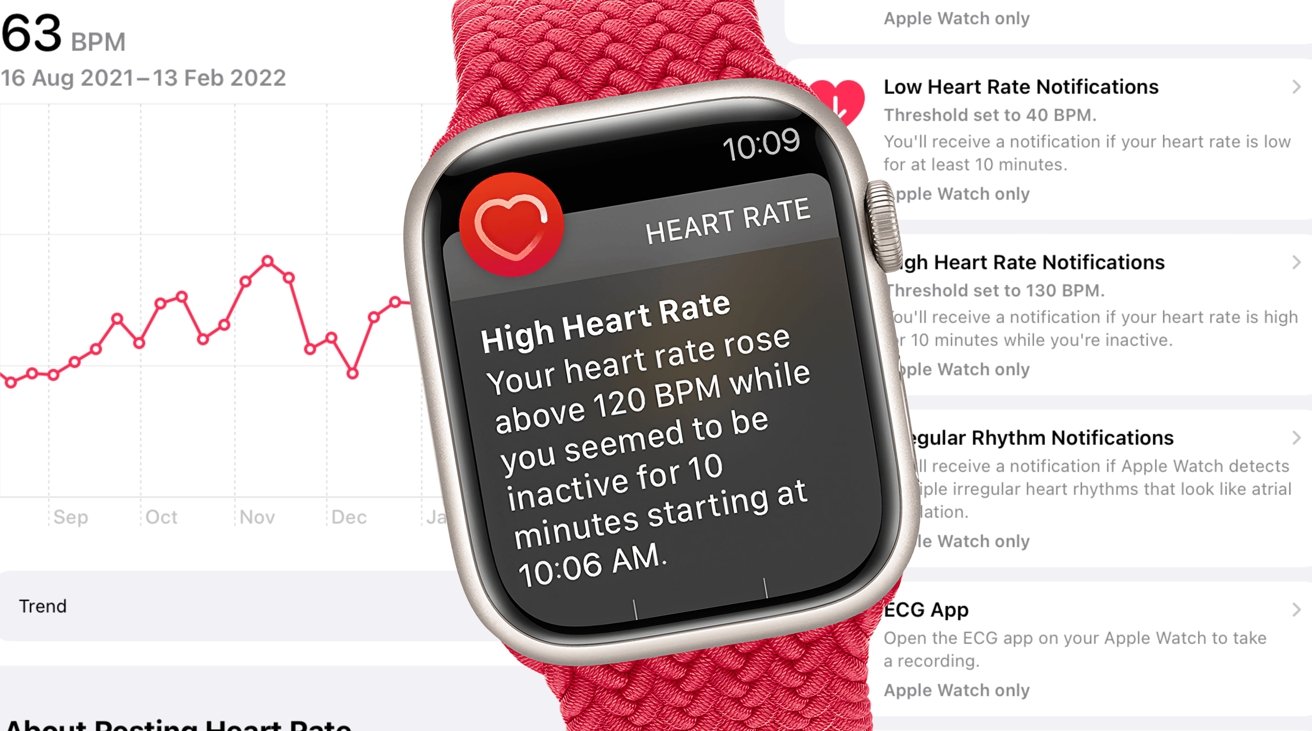

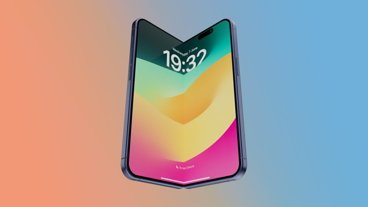
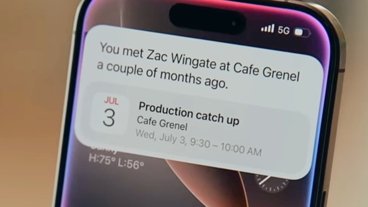



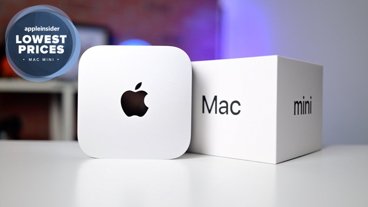
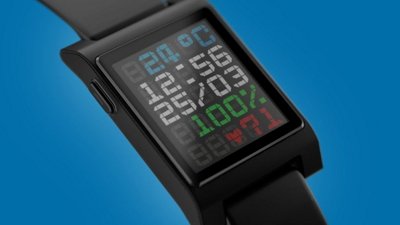
 Andrew Orr
Andrew Orr

 Christine McKee
Christine McKee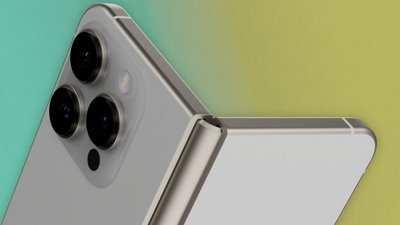
 Malcolm Owen
Malcolm Owen

 William Gallagher
William Gallagher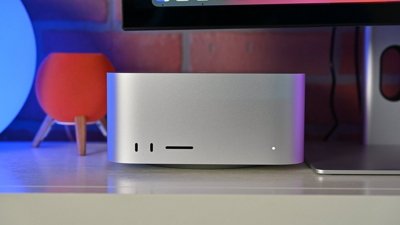










4 Comments
I'm hoping this takes the same trajectory as the smart phone. There was a time when smart phones were beyond the reach of the underrepresented, but the trickle-down effect of technology now means that a smart phone is very affordable.
The same way, I hope the watch technology trickles down to more affordable models.
Everybody deserves good health and if the watch can help with this, the more people it reaches, the better it is.
Teh surprising thing about these “underrepresented” groups is they tend to be the first to get colour TVs when introduced, the first to get smartphones, and the no doubt proportionality have more apple watches.
These groups can’t go to Europe or aspen every year, or buy that five bedroom McMansion, so these types of consumables are more likely status symbols.
This is about finances, not race.